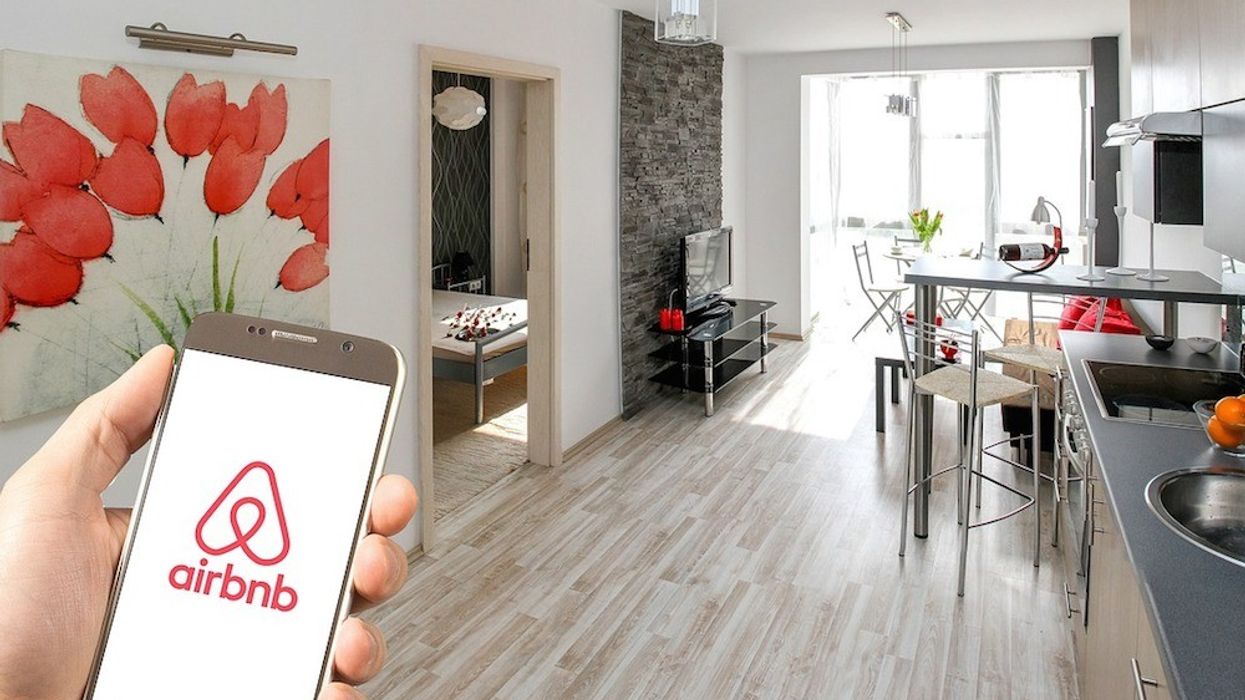The idea that renting an Airbnb on a trip to Toronto will save you a significant amount of money that would otherwise be spent on a hotel may not be so true anymore as new data reveals that the price gap between Airbnbs and hotels is extremely narrow.
July data from hospitality industry analyst STR found that the average daily rate for a hotel in Toronto was $247.56. During that same month, the average daily rate for a studio or one-bedroom apartment on Airbnb, which would typically hold the same number of people as a standard hotel rom, was $214, according to the Globe and Mail.
The mere $33 difference may not be the savings that some people thought they would get by booking a short term rental on Airbnb, especially once you factor in the additional service and cleaning fees. In fact, Airbnb users have taken to social media to lament not only the pricey cleaning fees incorporated into rentals, but the sometimes lengthy list of chores that many owners dole out.
Earlier this month, one Twitter user stated that after booking a rental in Toronto and agreeing to pay a more than $200 cleaning fee, they were sent a long list of cleaning duties and were told they'd have to intend an in-person inspection or face an additional fine.
A brief browse through Toronto's Airbnb listings will reveal many with cleaning fees of $100, with some surpassing the $200 mark. Even after paying this, it's not uncommon for users to face demands from Airbnb owners to wash dishes, take out the trash, wash the bedding, and, in some cases, even vacuum.
A listing for a one-bedroom near the CN Tower warns guests of fees if makeup is found on any of the towels, while another for a one-bedroom near Union Station states that guests who do not check in between the allotted 4 p.m. to 5 p.m. window will be charged $75 per hour for every hour they do not check in after 5 p.m. Others threaten additional fees anywhere between $150-300 for lost keys, or warn of immediate eviction if any more than two guests enter the rental at any time.
Although Airbnb reported record-breaking bookings during the second quarter of the year, many users say these strict conditions are pushing them to book hotels instead, as these problems largely aren't dealt with there. Cleaning fees are built into the price and there's no expectation of guests having to do the work themselves. Check in times are flexible, and lost keys are replaced for free.
Toronto Airbnb prices are also rising as a faster rate than hotels. According to STR, the average daily rate for a hotel in Toronto in July 2019 was $199, 24% below current prices. Airbnb prices, according to the Globe's data sourced from AirDNA, were $148 a day -- a 44% difference from current prices.
STR Senior Sales Executive Emile Gourieux says Canada's hotels saw an uptick in demand during late summer 2021 as travel options began to open, but quickly took a hit as the Omicron waves began in the winter. Then in April of this year, when Canada lifted its COVID-19 testing requirements, the industry saw another boom. Although inflation has played a part in rising prices, it's not the biggest factor.
"The key factor in rising room rates is the pent-up demand for travel," Gourieux said. "Consumers who are tired of staying home are willing and able to pay higher room rates to scratch that travel itch."
As for how the balance between Airbnb and hotels will play out in the future, Gourieux says that hotels are expected to continue performing.
"It is difficult to fully quantify Airbnb’s effect on hotel performance, but I believe short-term rentals played at least a small role in limiting demand recovery during the peak of the pandemic," Gourieux said. "That said, I do not predict a significant impact from short-term rentals on the long-term performance of hotels."





















